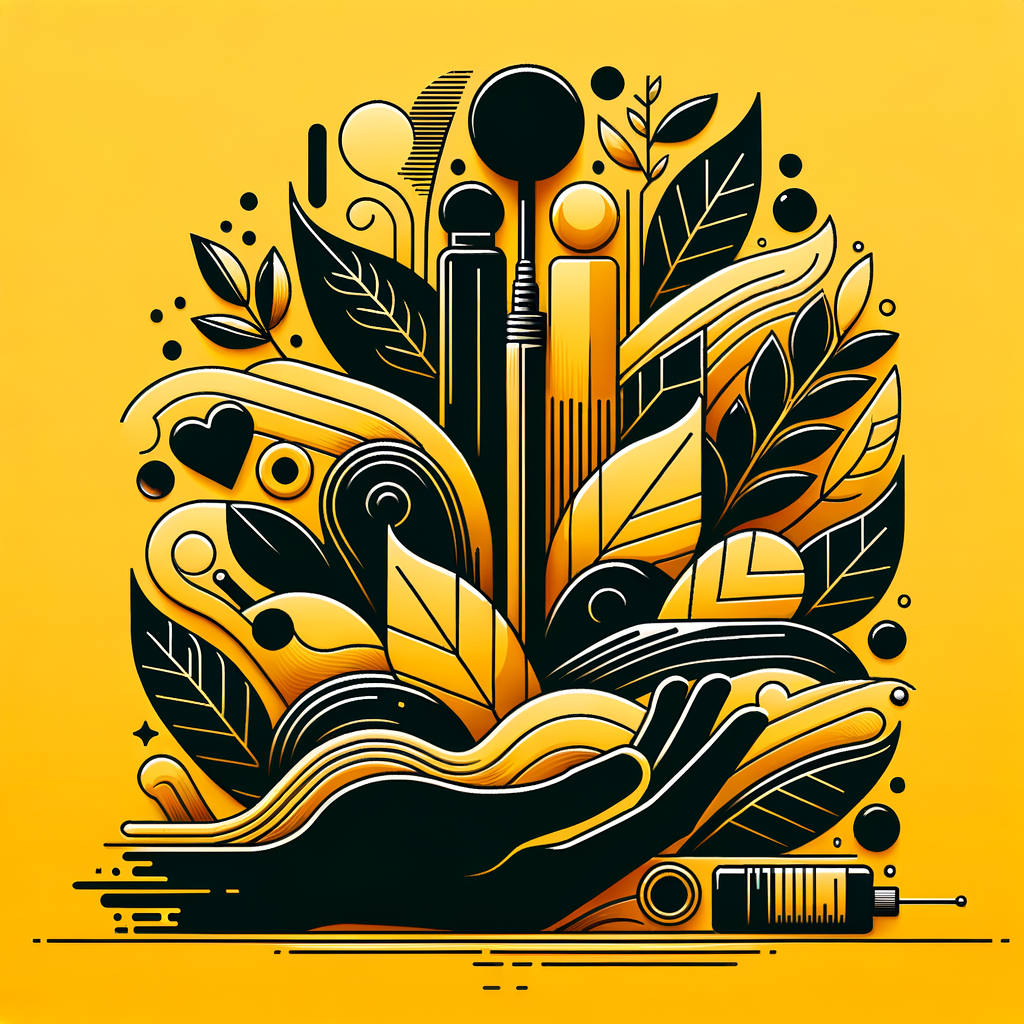Last Updated on August 12, 2025
Cope Recovery: Effective Strategies to Manage Triggers and Cravings in Addiction Recovery
Recovery from addiction is a lifelong journey—one filled with victories, setbacks, and constant learning. One of the biggest challenges people face in early sobriety is learning how to cope with recovery, especially when cravings and triggers strike. Whether you are newly sober or seeking fresh tools for maintaining sobriety, learning how to cope with recovery is essential to your long-term success.
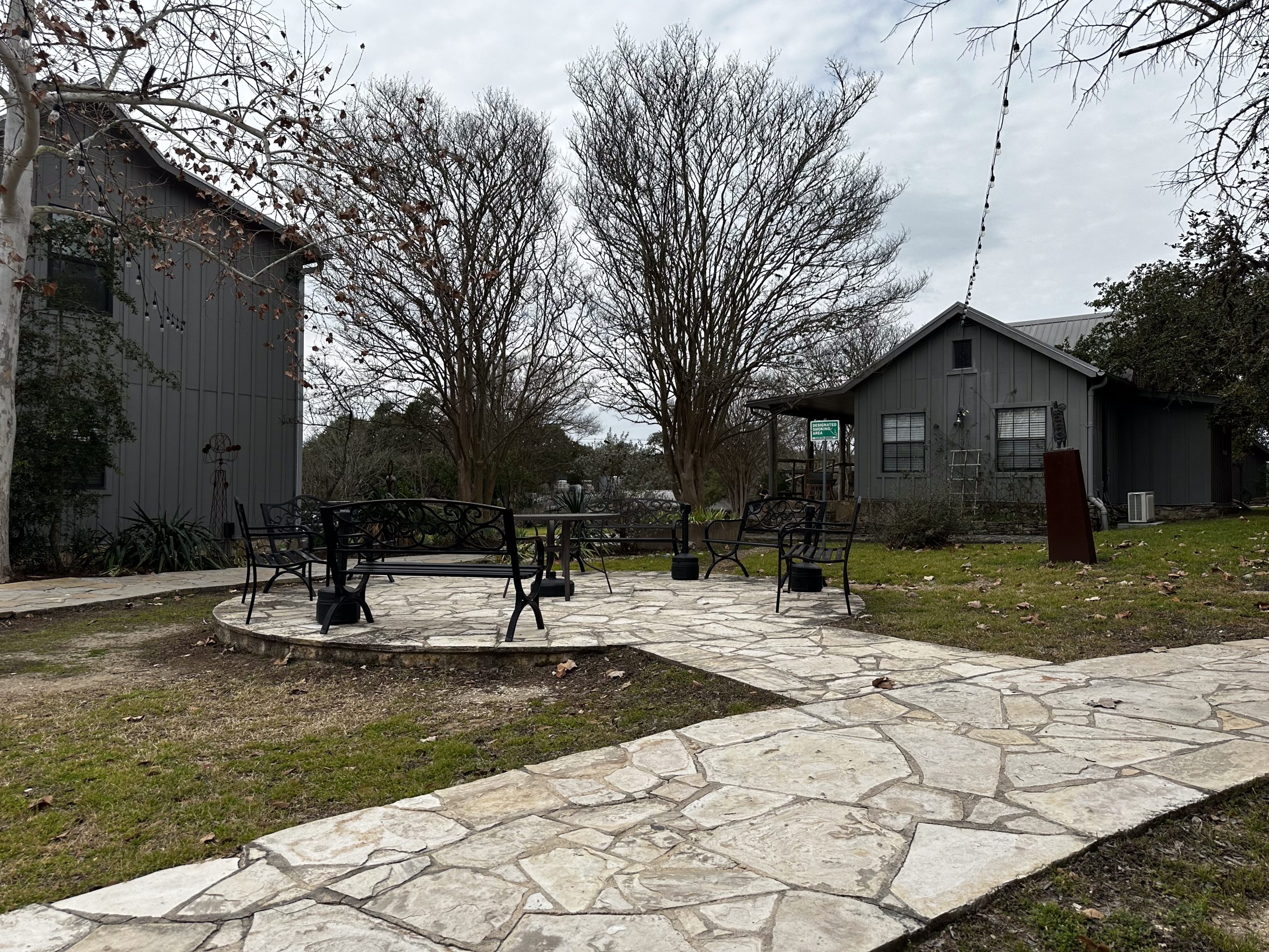

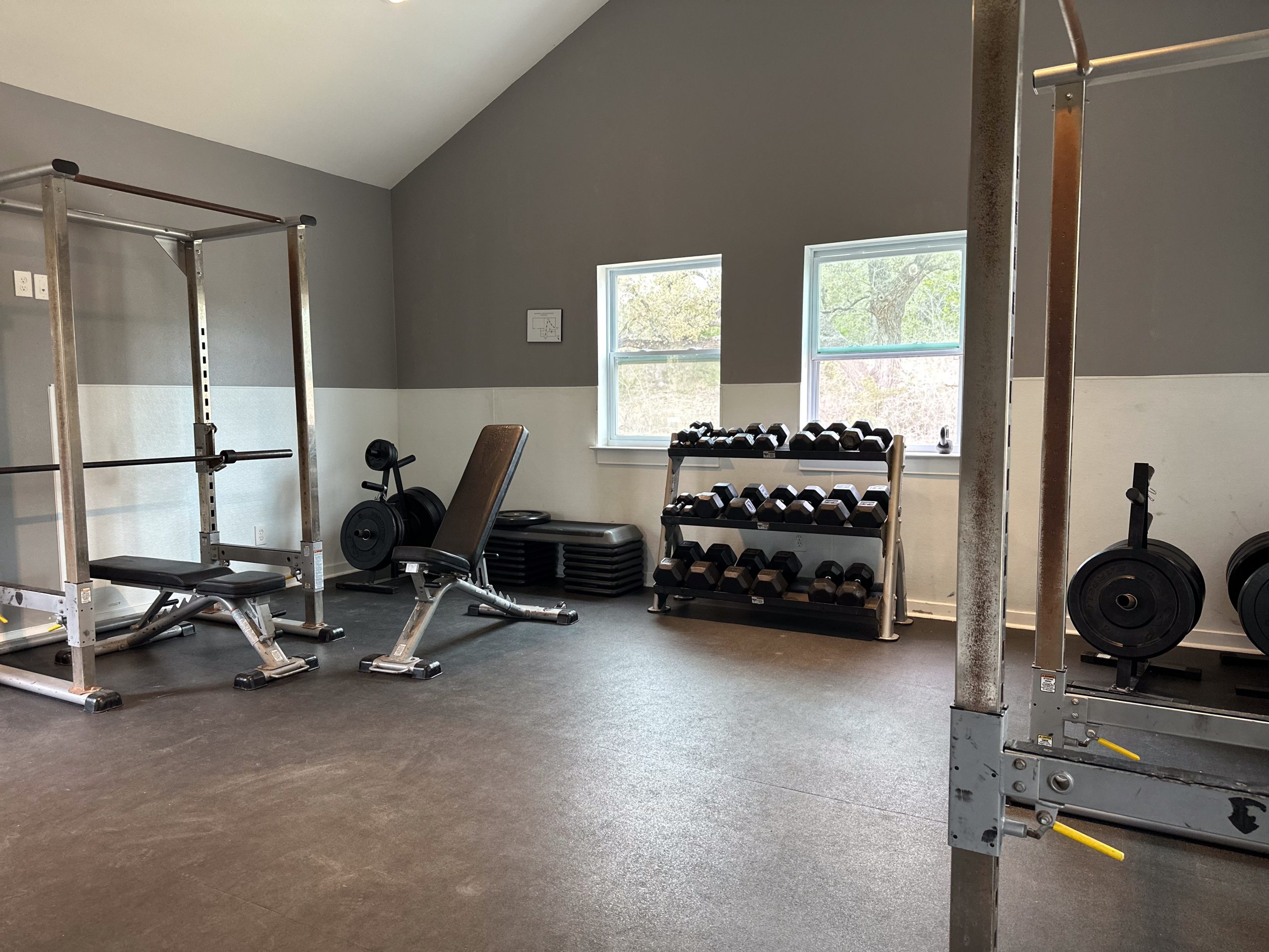
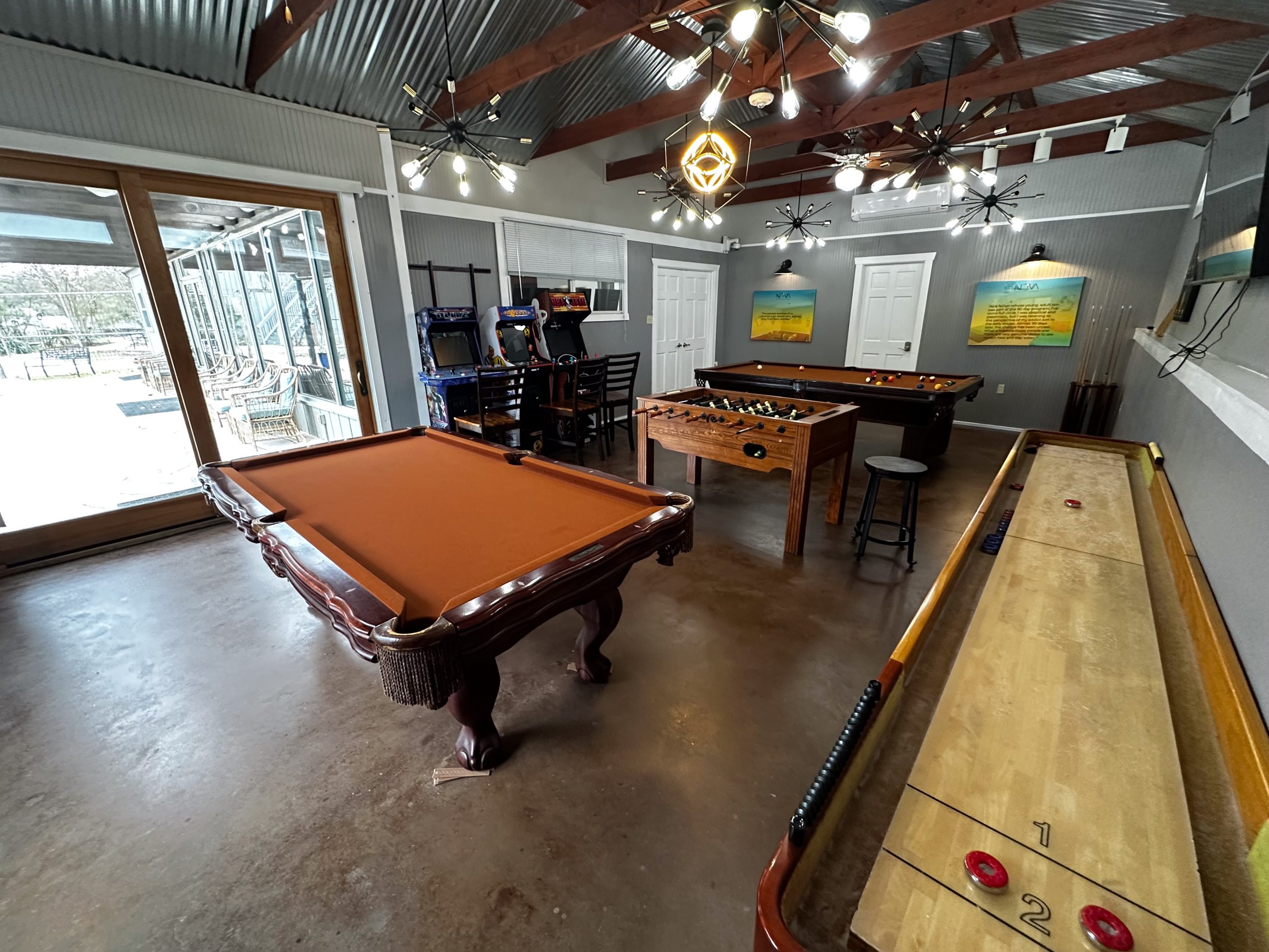
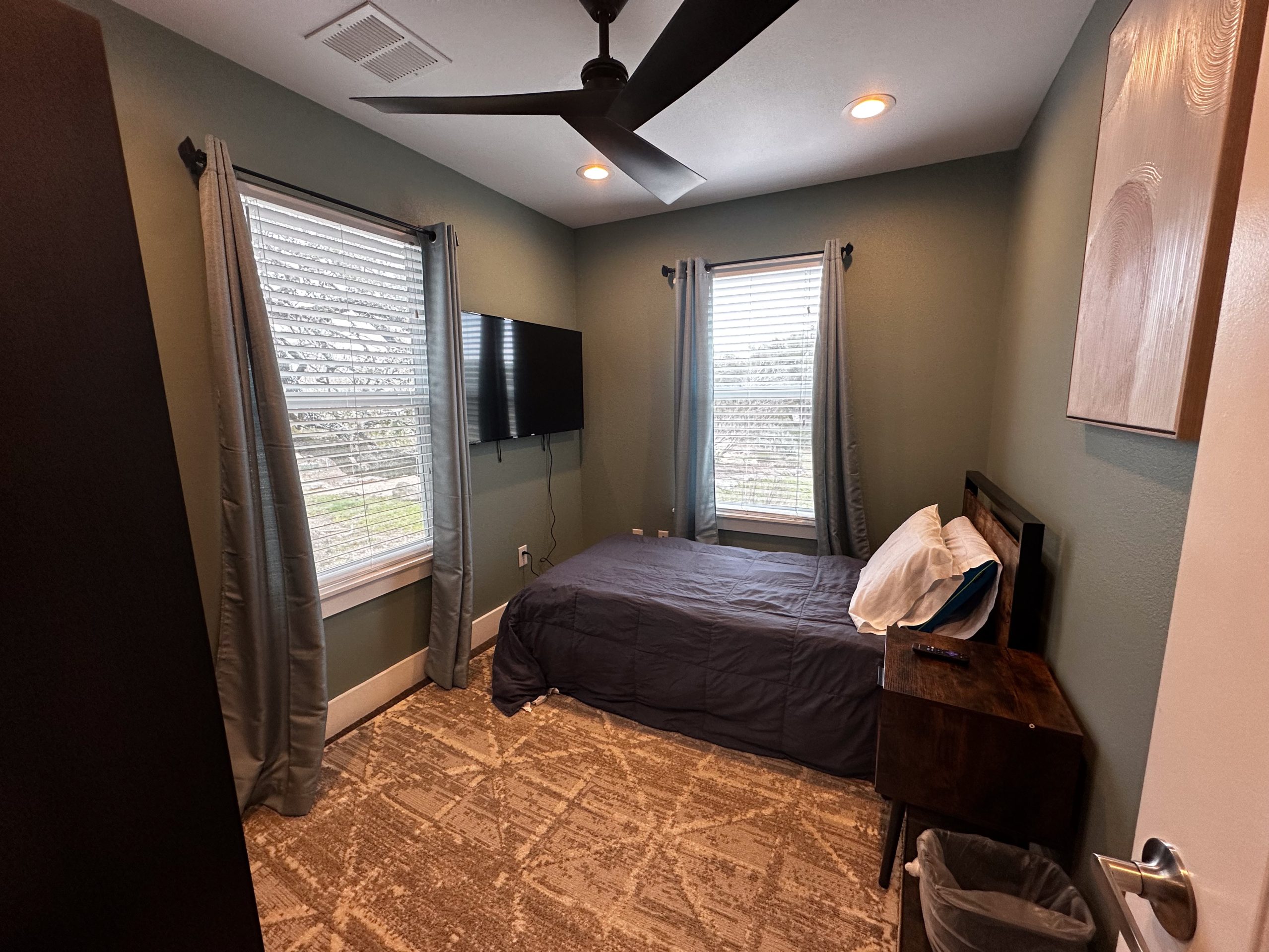

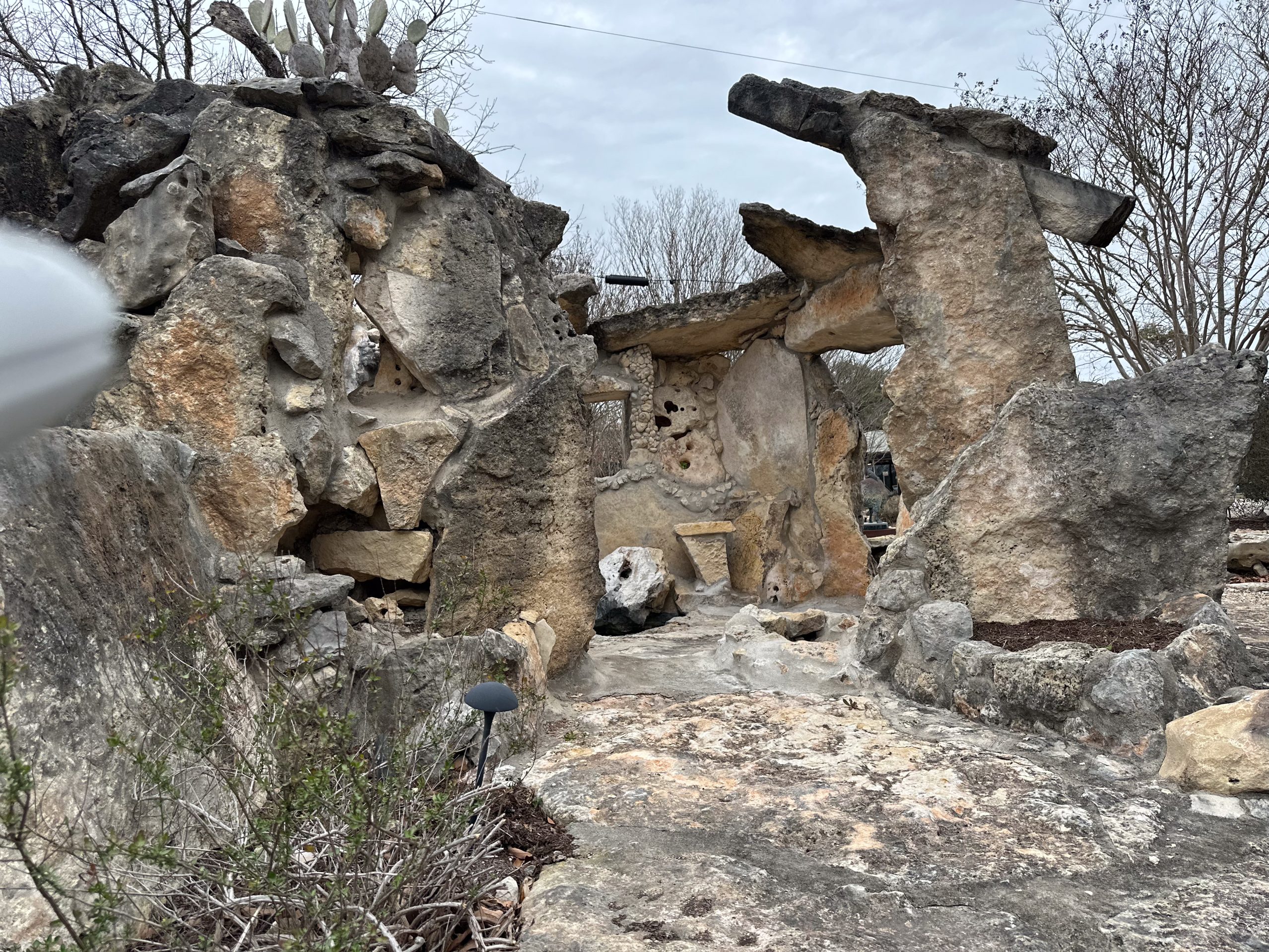
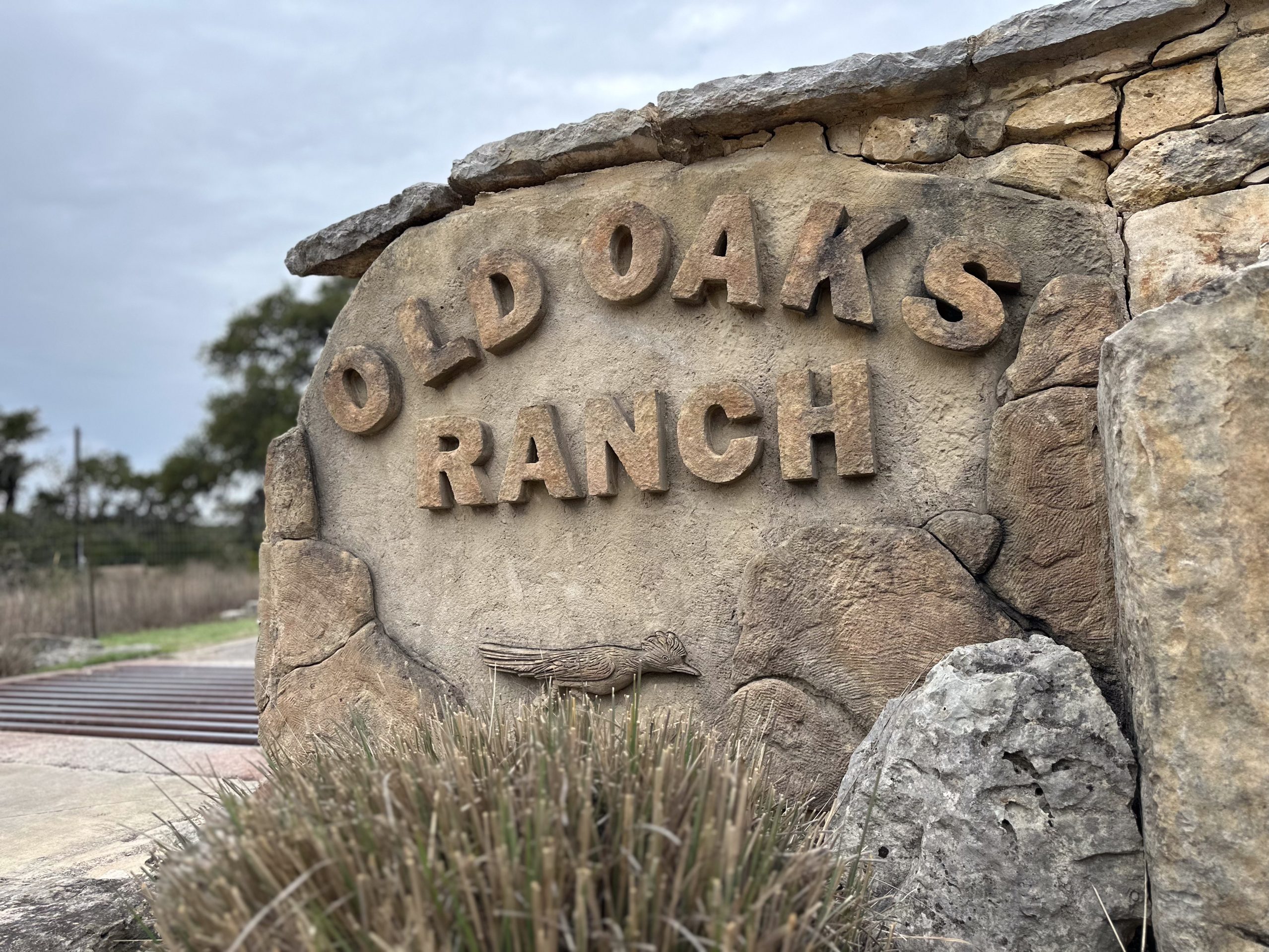

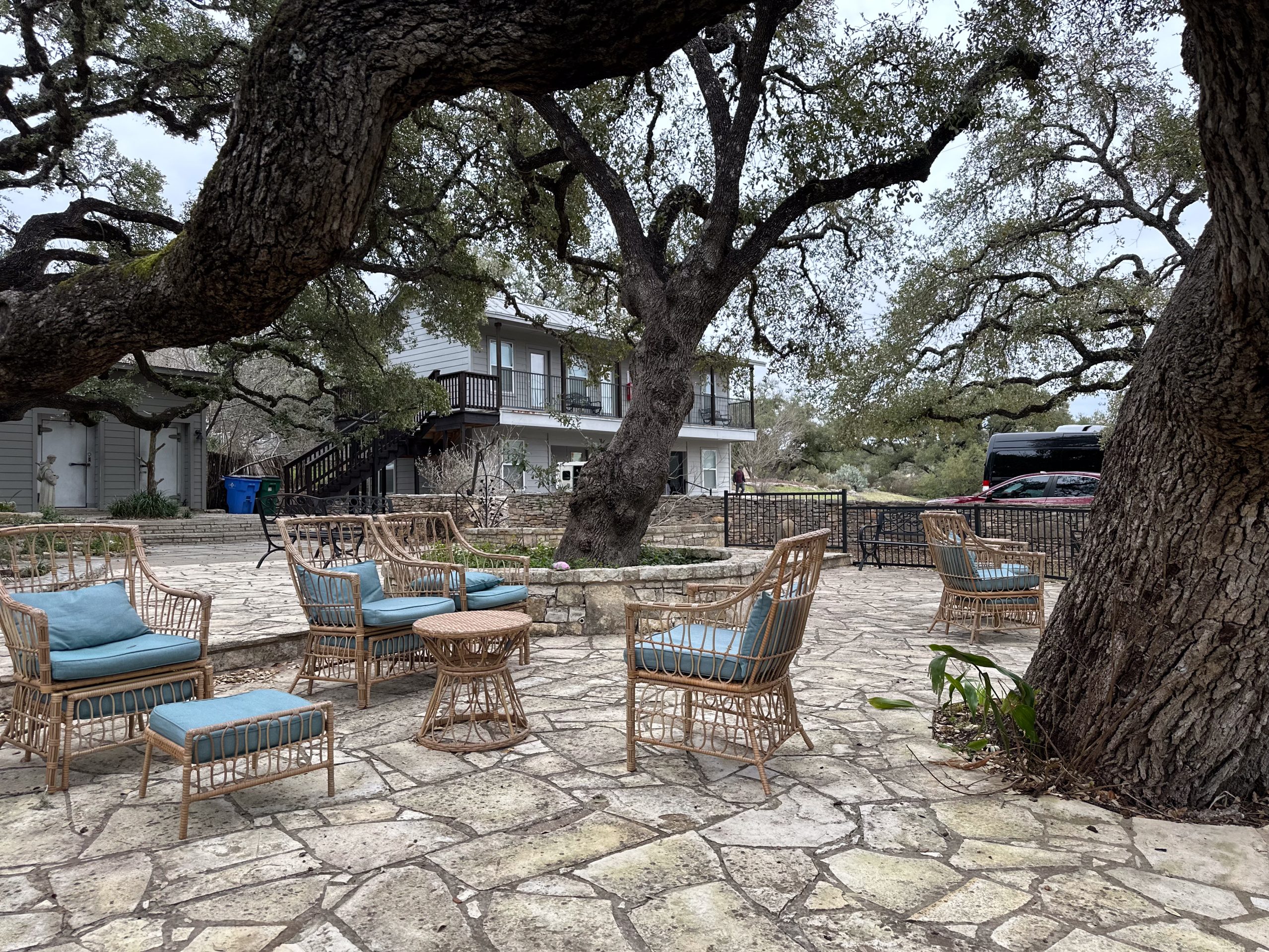
According to the National Institute on Drug Abuse (NIDA), between 40–60% of people in recovery experience relapse. This doesn’t mean treatment has failed—it simply means that addiction is a chronic condition that requires ongoing care and support. In this guide, we’ll show how you or your loved one can cope with recovery using proven strategies, personal insights, and the compassionate care from Nova Recovery Center.
What Does It Mean to Cope in Recovery?
To “cope” in recovery means finding healthy, constructive ways to deal with the emotional, mental, and physical challenges that come with living a sober life. Coping with recovery isn’t just about avoiding drugs or alcohol—it’s about addressing the root causes of addiction and navigating life without falling into old patterns.
Coping involves recognizing triggers, managing cravings, building emotional strength, and cultivating supportive communities. It’s about growth, not just survival.
Why Cravings and Triggers Are a Natural Part of Recovery
Cravings are intense urges that push you toward substance use, while triggers are people, places, or situations that ignite those urges. It’s important to know that both are completely normal experiences in recovery.
According to a study published in the Journal of Substance Abuse Treatment, nearly 90% of individuals in recovery report experiencing at least one significant craving per month in the first year. These urges can be brought on by stress, boredom, a familiar smell, or even a celebratory event.
The key to long-term recovery? Learning how to cope with recovery through strategies and daily practices that reduce the impact of triggers and cravings over time.
Freedom Starts Here. Take Back Your Life Today.
Same-Day Admissions in Austin Available.
Proven Strategies to Cope with Recovery Cravings and Triggers
Recognize Your Triggers
Start by identifying your personal triggers. Are there people or situations that push you toward old habits? Once you can name them, you can plan to avoid or manage them using tools learned in treatment or therapy.
Practice Mindfulness
One effective tool when learning to cope with recovery is mindfulness. This practice helps you stay grounded in the present moment and observe your cravings without judgment. Apps like “Headspace” or “Calm” can guide you through breathing exercises, meditations, and body scans designed to reduce anxiety and promote clarity.
Use the HALT Method
HALT stands for Hungry, Angry, Lonely, Tired. Each of these emotional or physical states can intensify cravings. Before reacting to a craving, ask yourself: Am I hungry, angry, lonely, or tired? Addressing these basic needs can dramatically reduce the urge to relapse.
Replace Old Routines with Healthy Habits
Substance use often becomes part of your daily routine. Replace those habits with positive ones:
- Join a gym or fitness class
- Attend regular recovery meetings
- Cook nutritious meals
- Take up a creative hobby like painting or music
Build a Support System
More than 70% of individuals in long-term recovery cite strong social networks as a critical part of their success. Surround yourself with friends, family, sponsors, or peer support who understand your journey and uplift your progress.
The Role of Therapy and Support Groups in Coping with Recovery
At Nova Recovery Center, therapy is a cornerstone for clients learning to cope with recovery. Cognitive Behavioral Therapy (CBT), Dialectical Behavior Therapy (DBT), and Motivational Interviewing (MI) are evidence-based approaches that help you understand thought patterns, manage emotions, and build effective coping tools.
Support groups like Alcoholics Anonymous (AA), SMART Recovery, or Refuge Recovery are also powerful tools. These communities provide accountability and shared experiences, helping you stay motivated and connected throughout your recovery journey.
Other Outpatient Drug and Alcohol Rehab Locations
How Nova Recovery Center Helps You Cope with Recovery
Nova Recovery Center offers a comprehensive approach that includes residential treatment, outpatient addiction support, sober living programs, and continued care plans. We customize each recovery program based on the specific emotional and psychological needs of our clients.
Clients at Nova benefit from:
- One-on-one therapy and group counseling
- Relapse prevention planning
- Access to 12-step and non-12-step programs
- Mental health and sobriety education
- Life skills training for long-term confidence and independence
Real Recovery Results: Why Our Approach Works
Nova Recovery Center focuses on healing the whole self—from physical detox to emotional healing from addiction. By addressing your recovery triggers and building coping mechanisms in recovery, we empower clients to stay sober and thrive in the real world.
We’ve helped hundreds of individuals successfully achieve lasting sobriety. Whether you’re looking for inpatient or outpatient recovery options, our proven methods and compassionate team can guide you toward real, measurable results.
FAQ: Coping in Recovery
Do cravings ever go away completely?
Cravings may lessen in intensity and frequency over time, but they don’t always disappear entirely. With consistent practice of coping skills and support, you can manage them effectively.
Can I deal with triggers on my own?
While some people develop the tools to handle triggers independently, joining a recovery group or working with a therapist enhances your ability to stay resilient over the long term.
What support is available after rehab?
Nova offers a variety of post-treatment services including continued recovery support, sober living arrangements, alumni networks, and virtual therapy.
Is it normal to feel overwhelmed in early recovery?
Absolutely. Early sobriety often comes with emotional highs and lows. This is a natural part of healing and adjusting. Seeking professional or peer support can ease these challenges and keep you focused.
Take the First Step Toward Long-Term Sobriety
If you’re struggling to manage addiction cravings and recovery triggers, don’t wait to get the support you deserve. Nova Recovery Center is here to help guide your recovery journey with personalized treatment and compassionate care.
Contact us today through our application form or speak directly with one of our experienced admissions coordinators by calling (512)605-2955. Start your journey toward emotional healing and lifelong sobriety with Nova Recovery Center.


